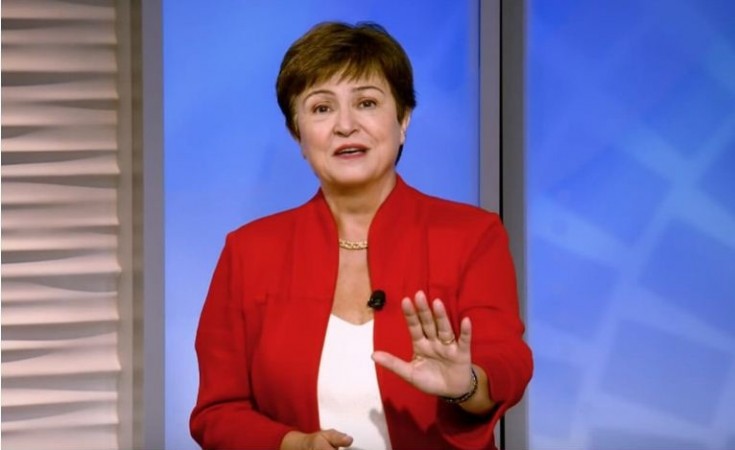
WASHINGTON: Kristalina Georgieva, the head of the International Monetary Fund (IMF) said that emerging markets and developing nations are suffering from a stronger dollar, higher borrowing costs, and capital outflows. This triple blow is particularly severe for nations that are heavily indebted.
At a news conference held on Thursday during the IMF and World Bank annual meetings, Georgieva said, "In this environment, we also must support fragile emerging markets and developing countries."
According to the IMF, over 60% of low-income nations are either in or at high risk of debt distress, and more than a quarter of emerging economies have either defaulted or had bonds trading at distressed levels.
Georgieva said, a world of relative predictability and stability has given way to one of increasing uncertainty and volatility, raising the larger question: "Are we experiencing a fundamental economic transition in the world economy?". It's a far more complicated period for policymakers, according to Georgieva, who noted that steady hands are needed when pulling the levers.
"Policy errors come at a very high cost, as does poor communication of policy aims." The IMF head urged decision-makers to control inflation, implement a reasonable fiscal strategy, and protect financial stability.
"Fiscal and monetary policy must complement one another if we are to assist people and combat inflation. Fiscal policy shouldn't accelerate while monetary policy applies the brakes since doing so would result in a highly risky ride "She said.
The IMF has given 93 nations USD 260 billion in financial assistance since the pandemic started. It has contributed about USD 90 billion to 18 new and expanded programmes during the Russia-Ukraine war. We now have 28 more countries expressing interest in getting funding from the Fund, Georgieva added.
The head of the IMF urged further action against food insecurity, saying that 345 million people suffer from severe food insecurity. Food insecurity has a significant impact on 48 nations, many of which are in sub-Saharan Africa.
A mechanism that provides emergency loans to help vulnerable nations deal with food shortages and rising expenses brought on by the Russia-Ukraine war was recently unveiled by the IMF.
EIA cuts global crude oil price estimates on economic slowdown
IMF calls for maintaining strict budgetary stance to help combat inflation
IMF lowers global economic growth projection amidst "storm cloud" warning